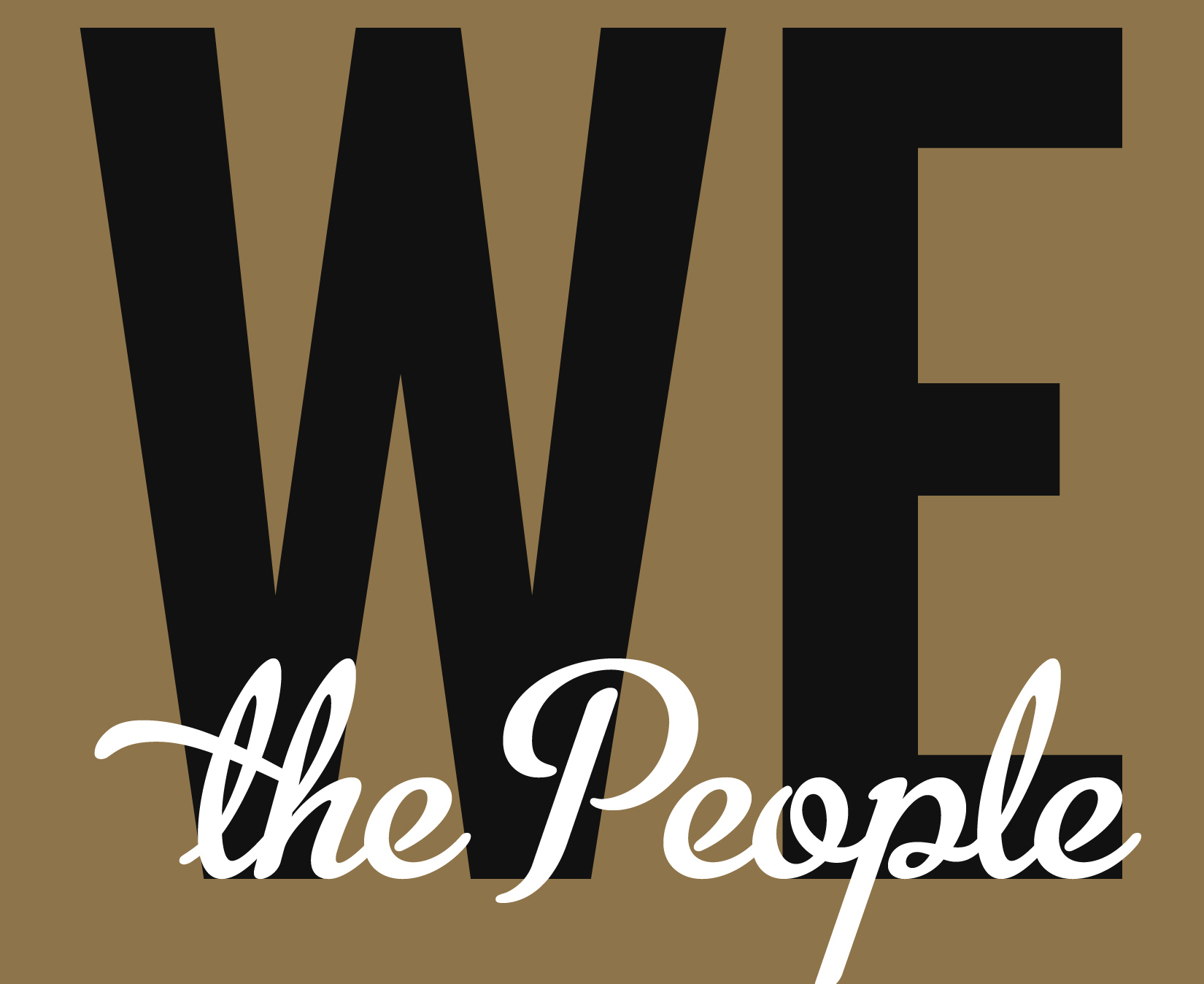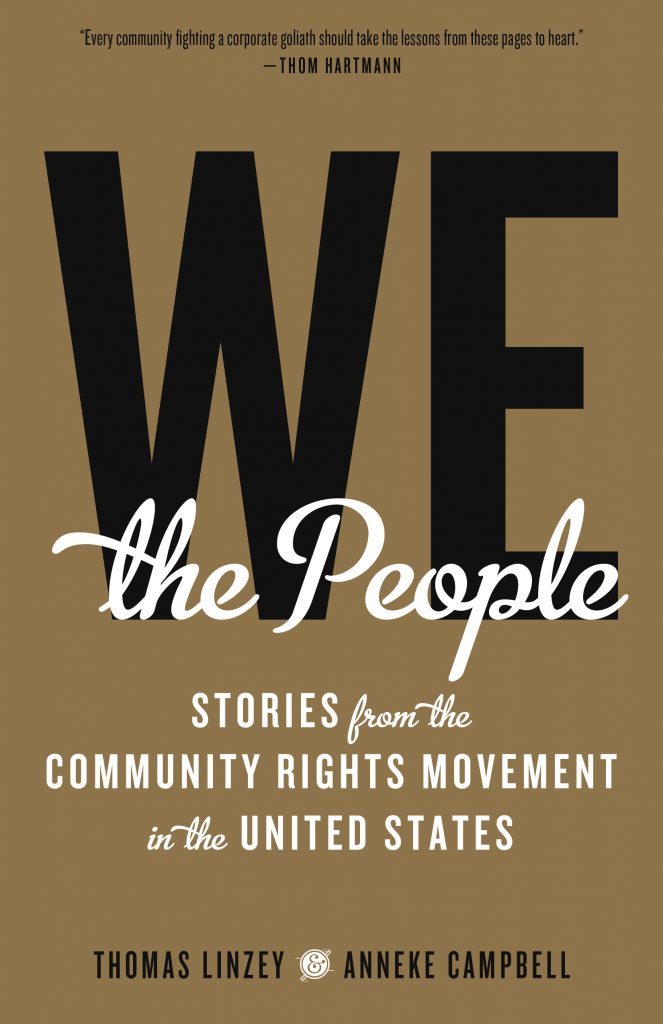By JJ Amaworo Wilson
“Communities are saying to the government and corporations, “We’re no longer willing to be fracked, poisoned and polluted.” They are mobilizing against a system of law that empowers corporations over communities … Communities are saying this is not acceptable, it’s not sustainable, it’s not democratic, and it’s going to change.” (Chad Nicholson, consultant for Grant Township, Pennsylvania)
This book describes the ways in which towns in the U.S. have tried to protect their rights and their land from rapacious corporations. The scenario repeats like a stuck record: small community has natural resources; large company arrives and plans to start asset-stripping; local people realize their way of life is at stake; community leaders try to organize; their friends and family are cowed by the power of corporations; they get no support from municipal boards dazzled by big bucks promised by Big Business. What happens next? The activists turn to the nonprofit law firm Community Environmental Legal Defense Fund (CELDF), run by Thomas Linzey, co-author of this book.
The thing that shocks you most as you read through these case studies is how few rights local communities have and how few people have the chutzpah to oppose corporations equipped with lawyers and spreadsheets.
And so the big companies stomp like giants all over the land, messing with rivers, gouging craters, dumping toxic waste with impunity, all because it makes a mint. It’s appalling. And the agencies designed to protect the environment do nothing. In fact, the law keeps waving these catastrophic developments through, granting rights to the corporate vandals while families who have lived in these little towns for generations see their communities destroyed.
Through the CELDF, at least there is some hope for the activists. The organization holds Democracy Schools, designed to educate local people in the processes involved in protecting their rights. The activists themselves are a mixture of students, builders, back-to-the-landers, nurses, Vietnam Vets, teachers – a cross-section of every Mom and Pop community everywhere.
The book, then, offers some hope, some sliver of resistance. To paraphrase Antonio Gramsci, one has to remain optimistic, even if it’s only optimism of the will and pessimism of the intellect.
My only caveat is the brevity of We the People. The final 70 pages are made up of ordinances and charters pertaining to the case studies. Like all bureaucratic documents, they are unreadable. Only someone directly involved would wish to know this kind of detail.
In place of these documents, the interviews with the activists should have been longer. What we get in the chapters are one-paragraph quotations, but extended interviews would have made for a heftier and more humane book. Oral history is one thing that PM Press and many other radical publishers, such as Haymarket Books, do extremely well. Here they could have given more of a voice to the voiceless. Why? Because it’s the very subject of We the People and the subject of all movements for social justice.
Back to Thomas Linzey’s Author Page | Back to Anneke Campbell’s Author Page







